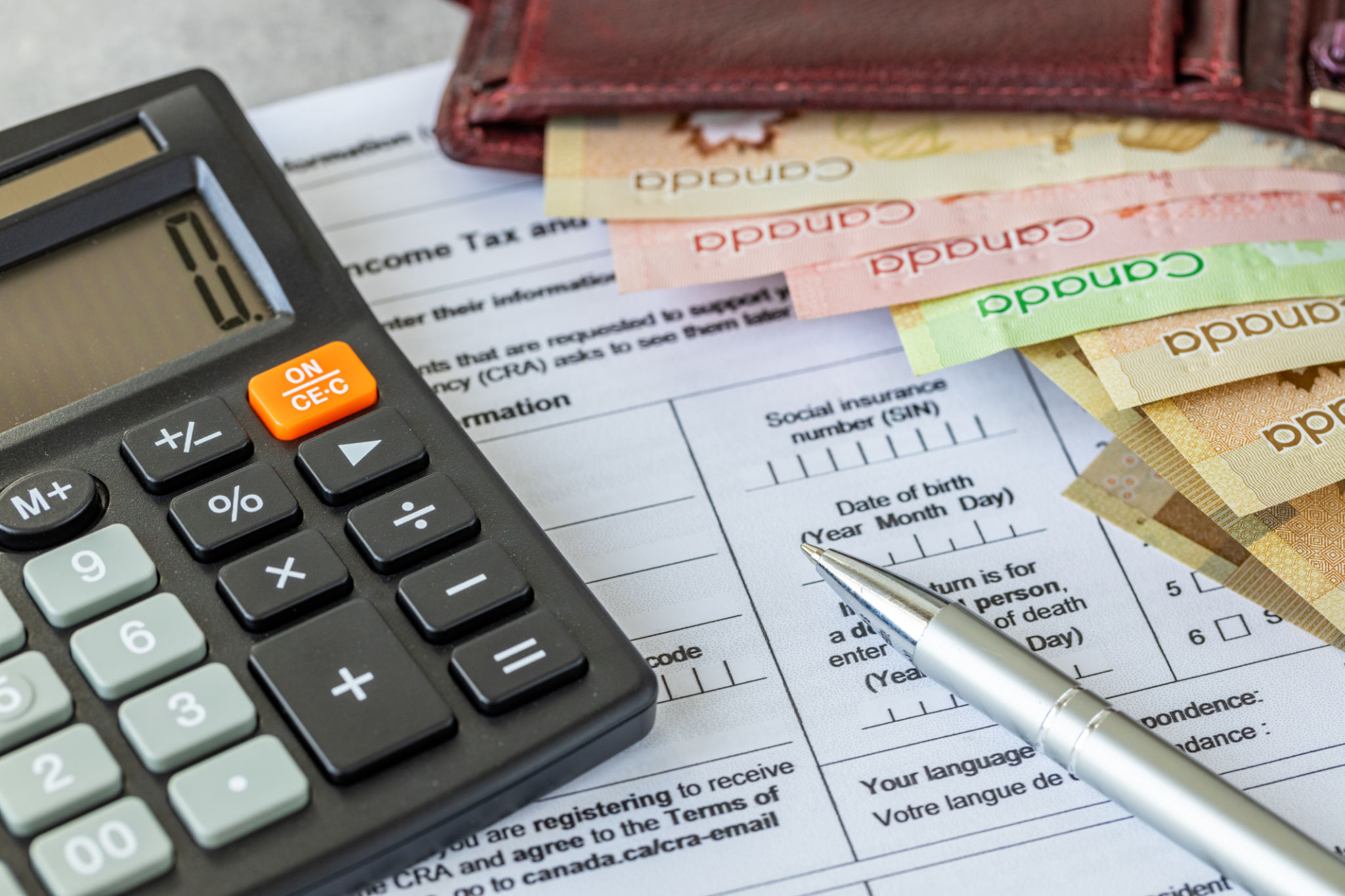Dallas Small Business Guide: Compliance Checklists You Can Trust
Understanding Compliance for Dallas Small Businesses
Compliance is a critical component for any small business operating in Dallas. Ensuring your business adheres to local, state, and federal regulations can be overwhelming. However, having a comprehensive checklist can simplify this process, helping you avoid potential legal issues and maintain a smooth operation.

Getting Started with Business Licenses and Permits
The first step in ensuring compliance is obtaining the necessary licenses and permits. In Dallas, this may include a general business license, zoning permits, and industry-specific licenses. Researching what your specific business requires is crucial to remain compliant. Remember, operating without the right permits can result in fines or even closure.
Check with the City of Dallas and the Texas Department of Licensing and Regulation for detailed information on the permits needed for your business type. Staying informed about any changes in regulations is equally important to ensure ongoing compliance.
Employment Laws and Regulations
Understanding employment laws is essential for maintaining a compliant business environment. Dallas small businesses must adhere to federal and state employment laws, including wage and hour laws, workplace safety regulations, and anti-discrimination policies. Familiarize yourself with the Fair Labor Standards Act (FLSA) and the Texas Payday Law to ensure you are meeting all requirements.

Additionally, ensure that you have proper employee documentation, such as I-9 forms, and understand your obligations under the Occupational Safety and Health Administration (OSHA) guidelines. Regular training sessions on workplace safety can also help in maintaining compliance.
Tax Compliance: Federal, State, and Local Obligations
Tax compliance is another crucial area for Dallas small businesses. Businesses must stay on top of federal taxes, such as income and employment taxes, as well as state taxes like the Texas franchise tax. Additionally, local sales tax applies to businesses operating in Dallas. It's vital to register for an Employer Identification Number (EIN) and ensure timely filing of all necessary tax returns.

Consider consulting with a tax professional or accountant who specializes in small business taxes to help you navigate the complex tax landscape. They can provide valuable insights and help you optimize your tax strategy while ensuring compliance.
Data Security and Privacy Regulations
As businesses increasingly rely on digital platforms, data security, and privacy have become paramount. Dallas small businesses must comply with data protection regulations such as the General Data Protection Regulation (GDPR) for businesses dealing with European customers, or the California Consumer Privacy Act (CCPA) if they meet specific criteria.
Implementing robust cybersecurity measures to protect customer data is not only a regulatory requirement but also builds trust with your clients. Regular audits and employee training on data protection best practices can further enhance your compliance efforts.
Conclusion: Regularly Updating Your Compliance Checklist
Staying compliant is an ongoing process that requires continuous attention and updates. Regularly reviewing and updating your compliance checklist ensures that your Dallas small business remains aligned with the latest laws and regulations. By prioritizing compliance, you safeguard your business against potential legal issues and pave the way for sustainable growth.

